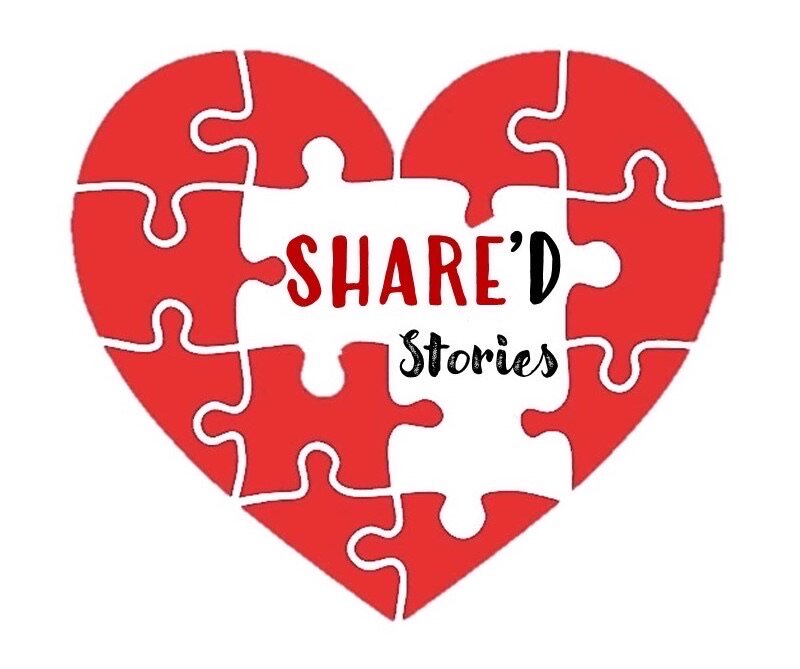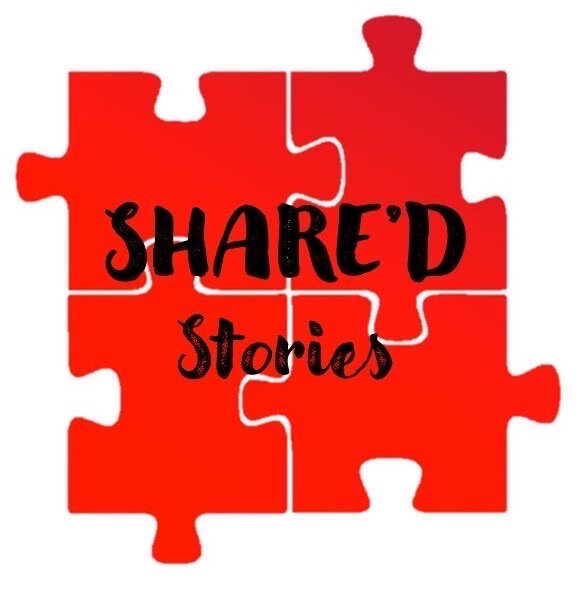Vascular Technologist, Surgical Vascular Lab, Memorial Campus
interviewed by Rafael Rojas, 1/26/21
I work in the Vascular Lab, in which I do vascular ultrasound and work right alongside the surgical team. It’s pretty neat that we get to work directly with them, but it’s gotten pretty crazy with this pandemic. When COVID first started, it was classified as respiratory illness, but as the studies progressed and the multitude of symptoms that patients would feel were identifies, it became clear that it is a disease that directly effects the vascular system. This meant that it got very busy very quickly. It is pretty tough right now with how saturated every day is with work. We have changed our protocol drastically to manage time, and to monitor the ways in which we go in and out of the surgical room. For example, we have reduced the time of certain procedures that were not as essential, such as scanning. This has saved us time in the room and has felt really well done.
In the beginning, everyone was very nervous about the pandemic, but also about carrying out new procedures correctly and effectively. Now it feels standard and walking into that surgical room seldom feels any different from walking into it last year.
We have a really strong team and a really organized manager in the Vascular Lab. She always seems to be one step ahead of whatever seems to come up, and she has been great at getting the whole team ready for the new changes. She actually held meetings every week with us as this pandemic started to grow – just to check in on how we were feeling and what we wanted to work on. It is because of this preparation and initiative that our team was prepared before we even started. This surge we were also able to better prepare with the PPE and the feelings of being safe and relaxed came with it. Things are also looking up with the vaccine being distributed. Our manager helped us out by arranging our schedules so that taking the time to get vaccinated would be easy, and many of my coworkers will be getting their second dose soon!
I live down in Connecticut where things are so messed up compared to how things are at work. Their plan to get vaccinate regular citizens was so poorly coordinated that people cannot book their appointments to receive their second dose when they need it. I still wouldn’t say that I feel safer at work than I do at home, but when I go to the store, I am reminded of this joke that we have at work. We say that it’s better to go into COVID room than to go to an outpatient room where you are not covered in full protective garb. I guess in the same sense when you go to the store or anywhere nowadays you kind of have your guard up a little bit. I’ve been lucky to not know anyone closely who has had any serious outcomes from getting sick, and it’s important that I do what I can to keep it that way. My husband is at a slightly higher risk than me, and this fear comes naturally when you are trying to protect your family.
This second surge was a scary thing to go through, but I’m hopeful that things will start to get better. With that said, I still think that this is going to be a longtime thing. I’m wondering how this is going to affect people in the future with hugging and socializing. It’s tough to imagine that it will feel the same as it did. Maybe this is just me. There are really some people out there with completely different mentalities, and they’re already living as if this pandemic is all made up! Just the other day I was at the store and I ran into a man with no mask. “Oh, you’re one of them,” he said! One of them . . . it made me take the time to look at him and explain that I work with COVID patients, and that I know my actions are protecting him. He just looked at me funny, I think hoping that he would get me all defensive and wound up, so he just laughed and walked away. I knew he would have nothing to say, so it felt good to have stood my ground and be confident in knowing that I’m doing the right thing.
Hopefully the actions of those who are doing the right thing will be enough to let us go back to what we miss the most soon. For me it is that moment of getting to hug the ones I care about that I look forward to the most, and I know that I’m not alone. Just the other day I had a coworker come up to me in tears saying that she just could not stand having to be so distant from everyone anymore. I’m thankful that she came up to me to share these feelings. I want all of my coworkers to know exactly how grateful I am for their ability to keep the calm and to keep the smiles in our office. It’s pretty common to run into someone who is just having a terrible day, and it’s okay. As a team full of workers and nurses who have gone through hell, it’s amazing how people will pull through to keep their composure and each other’s spirits up. If you think I’m “one of them,” I’ve got you fooled!
Read more about Kim’s experience in the Vascular Lab UBT Spotlight!








































